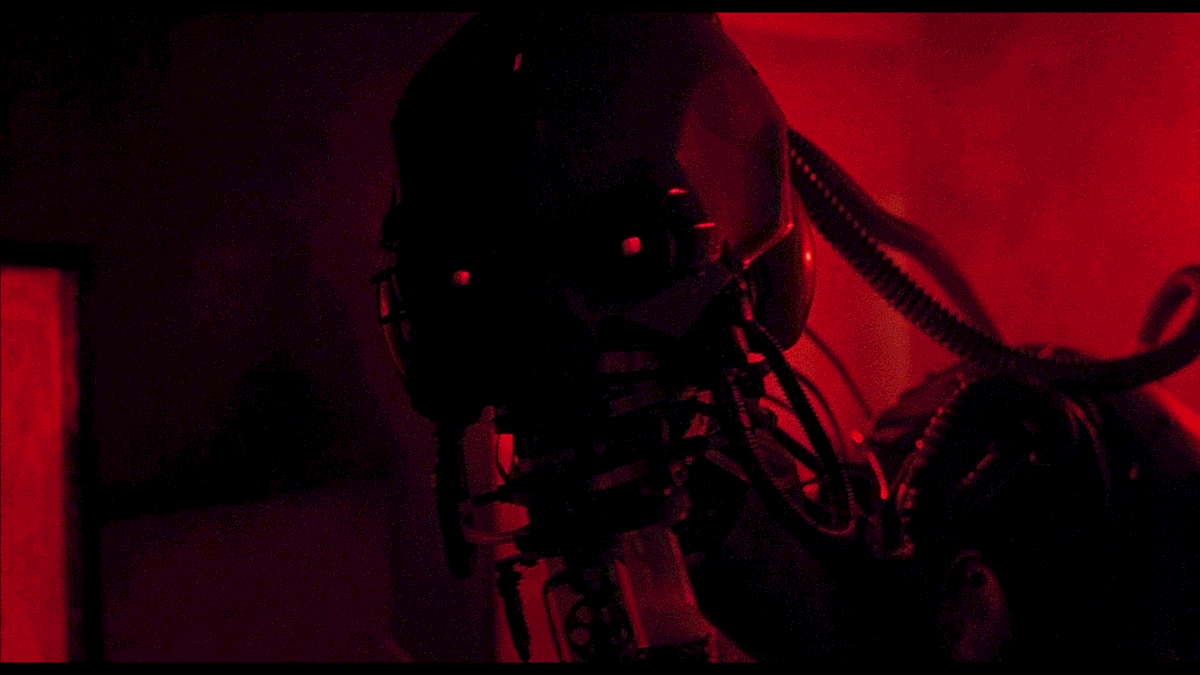Robo-revolution hits Las Vegas Hard
Automation, drones, robots, and labor saving technologies are hitting the streets, and Sin City is ready to reap the benefits.
MGM Resorts International is leading the charge with automated beverage systems able to mix hundreds of different drinks at the touch of a button, allowing a single bartender to serve hundreds of guests. Not only will this save on labor costs, but will improve product quality and inventory control. Even the improved analysis and accurate data collection is likely to aid MGM tailor its offerings to customer needs.
But not everyone is happy with helping the bottom line. Union workers among the Southern Nevada casinos can’t say for certain whether machines will force them to abandon jobs they’ve held for years. It is not clear whether workers can pivot in their careers and develop new skills for a new economy.
So far, MGM leaders have played it close to the vest, and refused to reveal the extent of their automation or impact on employment.
“We are focused on supporting employees,” Brian Ahern, MGM’s director of corporate media relations, said, “and ensuring this transition is as smooth as possible.” It remains to be seen how well this transition actually goes for the workers.
But resistance is futile. Technology marches on, and Las Vegas has always kept at the forefront, adapting and reinventing itself to attract tourists from around the world. But we have to ask:
- What will Las Vegas look like when robots are everywhere?
- What will happen when unions and employers come into conflict?
- Will this hurt employment?
“Show me a car that (is) built on an assembly line that isn’t populated with robots and humans together,” said Robert Rippee, director of the Hospitality Lab at UNLV’s International Gaming Institute.
Humans and machines are not in conflict, but free to collaborate. The technology is here to help the hospitality industry, letting companies do more with their employees, and place humans where they matter. Hospitality is about a friendly face, and the drudgery can be automated behind the scenes.
“I’m surprised, in some cases, it’s taken this long,” Rippee said. “On the other hand, it’s certainly understandable that people are saying: ‘That’s my livelihood, that’s my job. You’re going to bring a machine in? What am I going to do?’”

The Automated Bar
MGM has tested automated technology before.
Back of House Automated Service Bars were tested in August, 2018 at the MGM Springfield resort in Massachusetts. The quiet, out-of-the-way operation tested both the efficiency of the technology, and the reaction of employees.
A souped up soda fountain, the machines resemble a metal box with a touch screen and dispensing apparatus. With a push of a button, service workers can select the drink to make, and in as a little as a minute send it out to waiting patrons. And drinks can be customized, with substitutions, or made with extra shots. The programmed library of drinks supports hundreds of popular libations, with more to come. It is easier for a machine to remember uncommon or even regional favorites than a traditional bartender.
Patrons don’t know the difference, and never see or interact with the beverage systems. Their drinks are still brought out by human servers with a smile.
MGM believes the technology eliminates redundant human labor, allowing front of house employees to self-serve and put their effort into guest relations.
Of course, workers remain leery. New technology was a central issue for MGM during negotiations with Culinary Local 226, the largest labor union in Nevada. It seems both sides have been cautiously optimistic about the future.
Jobs are not at risk
Currently there are more than 60,000 Culinary Local 226 workers in Nevada. 22,000 of them work at MGM properties, alone.
They have seen the rise of various hospitality technologies over the years. Electronic menus, self check-in services, and even limited use of delivery robots. They know that technology is part of the industry, and only increasing year after year.
Many do not worry about machines taking their jobs. A strong union is there to protect them, with a well established tradition of unions supporting workers in Las Vegas. Only recently, MGM respected the teamsters union when they kept on workers for their enhanced parking services at certain locations. Plans to fully outsource to SP Plus, an American provider of parking-facility management services, only worked at a few locations without union protections.
The Culinary union negotiated terms in 2018 during a collective bargaining agreement. Job displacement due to automation was one of the protections they worked hard to win.
MGM and other gaming companies must notify the union in advance of rolling out specific technology improvements, allowing employees enough time to learn new skills.
MGM has yet to reveal how many automated systems are coming to Las Vegas properties, or how many jobs could be lost. In fact, they have been pressuring the Culinary union for certain concessions, leading some to suspect that these attempts at automation may be part of a sweeping program to lower costs. It should be noted that MGM is facing down extreme debt, and has been keen to lower costs and maximize profits. Tough times call for tough actions.
“We worked closely with the union to make preparing for technology initiatives like these a key aspect of our 2018 agreement, and we take our obligations seriously,” Ahern, the company’s spokesman, said in a statement. “Our teams have met with union officials several times and discussions are ongoing to ensure compliance with last year’s contract.”
Bethany Khan a spokeswoman for the Culinary Union said union workers will always have jobs, but the responsibilities and benefits may change according to the economy and technology. “Jobs are never going to be eliminated,” she said. “There are endless opportunities for retraining. We see technology as assistive and supportive.”
Clearly, machines are here to stay. But not even experts know how the world will change and adapt to their growing presence.